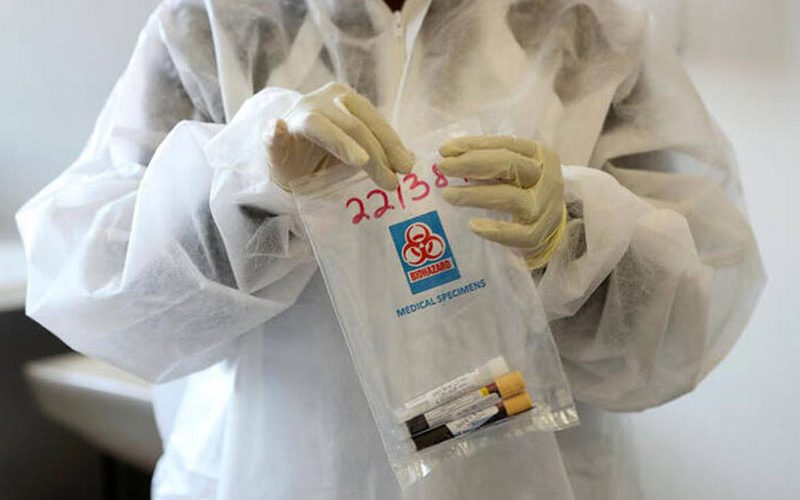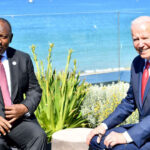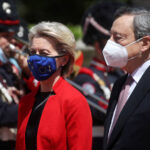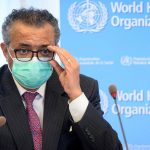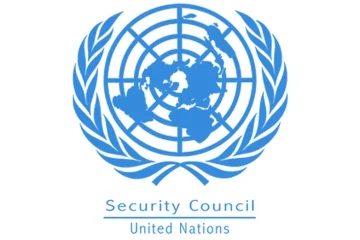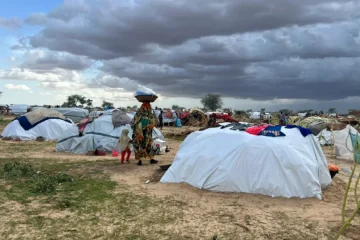ERNA SOLBERG and CYRIL RAMAPHOSA
IN the battle against COVID-19, we all have a common goal: to save lives, reopen our societies and rebuild our economies. New diagnostic tests, treatments and vaccines offer the best hope of achieving this – but only if they are deployed when and where they are needed most. This is not just the right thing to do; it is the smart thing to do. Against a foe that respects no borders, national solutions are bound to fall short.
This week, global leaders are meeting at the United Nations General Assembly to discuss the global solution that is here for the taking. We call on world leaders to use significant moments like UNGA to commit investment in – and cooperation with – the ACT-Accelerator programme, a global push to develop COVID-19 tests, treatments and vaccines. By doing so we are leading our people and the world directly towards the exit of this crisis by replacing fear with hope.
Our two countries, Norway and South Africa, may lie at different ends of the planet – and stand on different rungs of the economic ladder – but we have a long-standing relationship and we rely on each other to escape from this crisis. The same is true for every country on Earth.
Countries that only focus on ensuring supplies of vaccines, drugs and diagnostics for their own populations must wake up to the fact that they risk delaying the end of the pandemic for everyone. The pandemic transcends national borders – our efforts should be aligned to fight this pandemic collectively. Vaccines, drugs and diagnostics must be made available for all in need. If not, we risk delaying the end of the pandemic for everyone.
In our shared desire for a rapid global solution, earlier this month we co-chaired the inaugural meeting of the ACT-Accelerator Facilitation Council with over 30 heads of state and ministers, economic cooperation groups, international partners and civil society. Launched in April by the World Health Organization with the European Commission, G20 countries and other partners, the ACT-Accelerator offers a joint exit strategy from the COVID crisis based on global cooperation and equitable access. Crucially, it promises excellent value for money.
The unprecedented speed at which ACT-Accelerator is accelerating the development and rollout of new tools is testament to the incredible advances in science and technology of recent years and shows what can be achieved when we work together.
These tools play an equally important role in ending the pandemic. Diagnostics are the eyes and ears of the COVID response – and are essential to limit the spread of the virus. Better, more effective treatments for all stages of disease are essential to prevent death and serious illness. A safe and effective vaccine will protect populations, in particular high risk and vulnerable groups.
As the world awaits the results of large-scale clinical trials on vaccines and therapeutics, it is vital that we take the opportunity to ensure that they will be used to maximum effect.
Immunising people in a limited number of high-income countries will not fix the problem. In fact, new research suggests that unequal distribution of vaccines could result in almost twice as many COVID-19 deaths than if the same volume of vaccines were shared out equitably. That has grave implications for countries at all income levels in both North and South alike.
In an inter-connected world, tackling the virus everywhere is our best chance not only of saving the largest number of lives but also of restoring social and economic activity globally and nationally. Until the threat of COVID-19 recedes, the global economy will continue to suffer, supply chains will remain broken and travel will be disrupted.
What is more, we risk losing decades of development progress, with 100 million more people around the world facing the possibility of being driven into poverty, millions of children in low-and middle-income countries lacking access to schooling, and healthcare systems across resource-poor regions in danger of being overwhelmed.
Resurgences of the virus now evident in many countries underscore the precarious state of affairs. With up to 95% of the global population still at risk of catching the virus, there is a continuing danger that COVID-19 will flow back to countries currently under control – whatever unilateral steps they may have taken to suppress transmission – creating more economic uncertainty and shocks.
In just five months, the ACT-Accelerator and its four pillars have built an unrivalled research and development portfolio of tests, treatments and vaccines, alongside an advance purchasing system to get them to the places they are needed, and a global distribution network to get them to the people who require them. It is the ideal mechanism to deliver a coordinated global response by bringing together governments, health bodies, scientists, businesses, civil society and philanthropists.
The ACT-Accelerator has shown us the potential for an exit from this crisis, but a gear change in funding is necessary if we are to reach that door. To date, just $2.7 billion has been given to its work – enough to ensure a robust start-up phase, but this covers less than 10% of the overall needs. To meet the goal of producing and delivering 2 billion vaccine doses, 245 million treatments and 500 million diagnostic tests, world leaders must use the window of opportunity to scale-up the initiative over the next three months.
The investment case is compelling. With the global economy expected to contract by $7 trillion in 2020 alone, fully financing the remaining $35 billion needed by partners of the ACT-Accelerator to shorten the duration of the crisis would pay for itself in just 36 hours once global travel and trade alone are restored. The alternative path of “vaccine nationalism”, and a lack of innovation for and access to effective tests and treatments, would hold up the recovery of all countries.
We must confront one of the most serious healthcare crises to hit the world in recent times as a global challenge, together, not as individual countries. The case for united action has never been stronger. Nor has it been more urgent. – Thomson Reuters Foundation.

